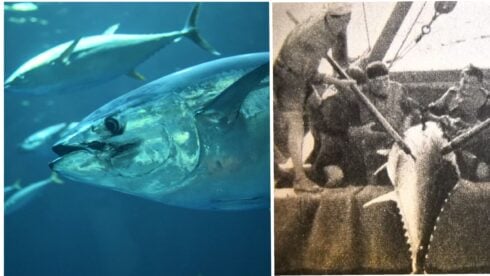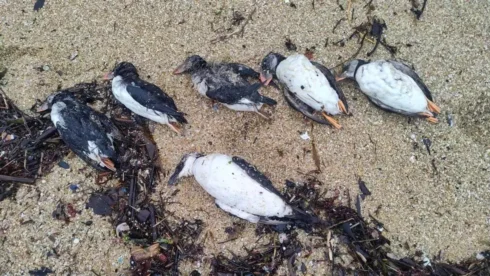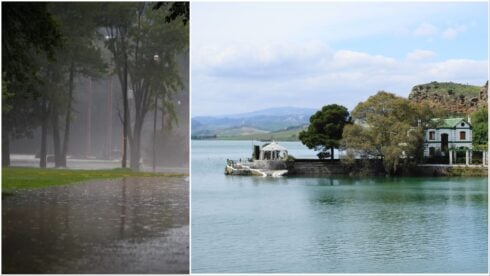BOATERS off the coast of Spain have been left shaken after two vessels were rammed by killer whales in a double attack just minutes apart.
The shocking incidents happened near O Grove, Galicia, where a pair of orcas – one reportedly seven metres long – slammed into boats, destroying at least one rudder and leaving sailors calling for urgent help.
Spanish maritime rescue teams rushed to the scene on Wednesday after the first attack damaged the rudder of a vessel named San Pedro. Just as the crew were being towed back to port, another emergency call came in to report that a second boat had also been struck, this time suffering a leak.
One crew member admitted: “We were really scared – properly scared – when we realised the orcas were hitting the boat.”
It’s just the latest in a string of orca-related incidents in Iberian waters. In fact, hundreds of similar encounters have been recorded since May 2020, sparking global headlines and growing concern among sailors.
READ MORE:
- EXCLUSIVE: Are orcas really plotting against humans? Experts explain their theories behind the recent yacht ‘attacks’ off Spain
- Orcas sink yacht off the coast of Spain: Passengers suffer harrowing 45 minute attack by a pod of killer whales
- WATCH: Scientists are attaching cameras to orcas in the Strait of Gibraltar amid growing yachtie anger over dangerous ‘interactions’
British sailors were warned back in July after a similar attack near the same region – and experts say the strange new behaviour could be part of a bizarre ‘fad’ among a specific group of killer whales.
Marine experts are baffled. Leading biologist Alex Zerbini, chair of the International Whaling Commission’s scientific committee, says the orca ramming might be a ‘cultural tradition’ among the whales – or even just a passing craze.
“Some populations may develop unusual and temporary behavioural ‘fads’ that don’t seem to serve any obvious purpose,” his report notes.
Sailors are now being urged to familiarise themselves with safety protocols if they encounter killer whales at sea, and not to underestimate the risk.
Click here to read more Environment News from The Olive Press.








